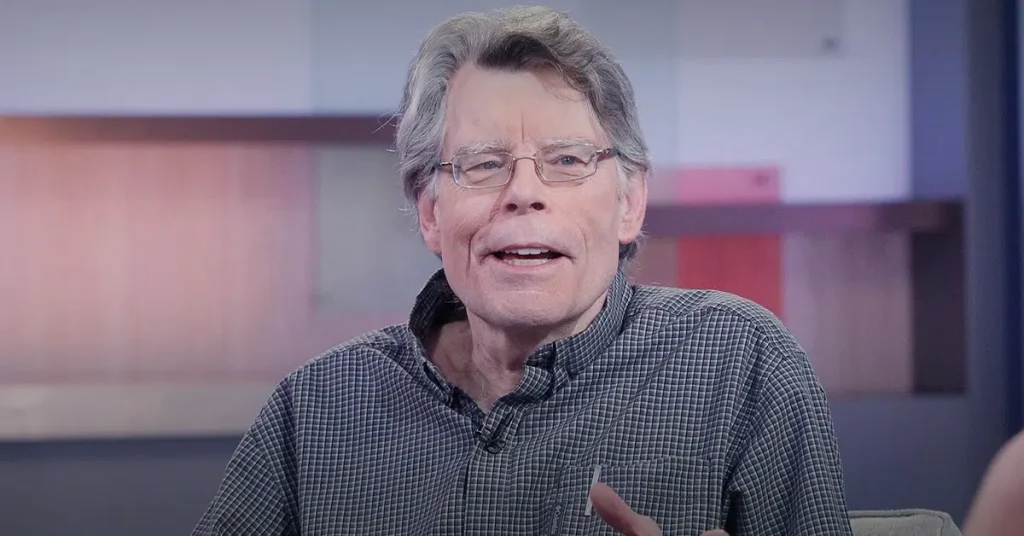Stephen King, a renowned writer of horror understands why writers have concerns about AI, but he isn’t convinced that AI is capable of creating anything yet.
Despite the ongoing strikes, artificial intelligence remains a cause for concern. While the Writers Guild of America (WGA) and the Screen Actors Guild – American Federation of Television and Radio Artists (SAG-AFTRA) each have their own set of demands, the two unions do have some things in common. Protection from Artificial Intelligence tools that risk their livelihoods is one of them.
Stephen King, the horror legend, is the latest creator to weigh in on the hotly disputed topic, expressing to Rolling Stone that he does not believe AI will be able to replace writers in the foreseeable future. His rationale? AI is not sentient, and genuine creativity cannot exist in the absence of emotion.
“Well, let me just say that I get the worries about AI as it applies to screenwriters and to writers who are involved with writing for TV. Because there’s this fear, I think this is unstated fear, that AI has sort of been writing sitcoms all along and some of the drama series, too, because they’re pretty formulaic. They’re pretty by the numbers. But as far as AI goes and books written by AI, scripts written by AI, what can you do about it? You might as well be King Canute trying to turn back the tide because it’s going to happen.”
The Shining author proceeded to draw a comparison between the work of writers and AI, equating it to “Budweiser and some generic beer”:
“But I find it very, very difficult to believe that AI — until it achieves real sentience, which is a ways away yet — can write anything. I’ve read poems by AI that were in the style of say, William Blake, and they have the God stuff and the lamb stuff and all this, but it ain’t the same. It ain’t even close. It’s like the difference between Budweiser and some generic beer. So both of them get you a little bit tingly, but it ain’t the same.”
King, whose bestseller writing works include Carrie, The Shawshank Redemption, and It (all of which have been adapted for the big screen), has already discussed his perspectives on artificial intelligence. In an essay published last month by The Atlantic, King expounded on an earlier story that claimed his works were among those used to teach AI. In that piece, King stated that while he did not perceive AI as an immediate threat, he linked AI concerns to D.F. Jones’ Colossus:
“Does it make me nervous? Do I feel my territory encroached upon? Not yet, probably because I’ve reached a fairly advanced age. But I will tell you that this subject always makes me think of that most prescient novel, Colossus, by D. F. Jones. In it, the world-spanning computer does become sentient and tells its creator, Forbin, that in time, humanity will come to love and respect it. (The way, I suppose, many of us love and respect our phones.) Forbin cries, ‘Never!’ But the narrator has the last word, and a single word is all it takes: ‘Never?'”
King joins a growing list of celebrities who have expressed their views on artificial intelligence. Although Natasha Lyonne received an Emmy nomination for Poker Face, she used the opportunity to express her concerns about AI, pointing out that while it is a tool that can be used, creatives don’t “want to give away our rights and free will of how to use it over to people that are just going to be in the interest of doing things faster and cheaper.”
Director Christopher Nolan of Oppenheimer anticipates that if used effectively, AI could serve as a great tool for visual effects, whereas filmmaker Guillermo del Toro says he fears “natural stupidity” rather than AI.
What are your views on how AI writing tools compare to human writers? Share your thoughts with us in the comments below!



